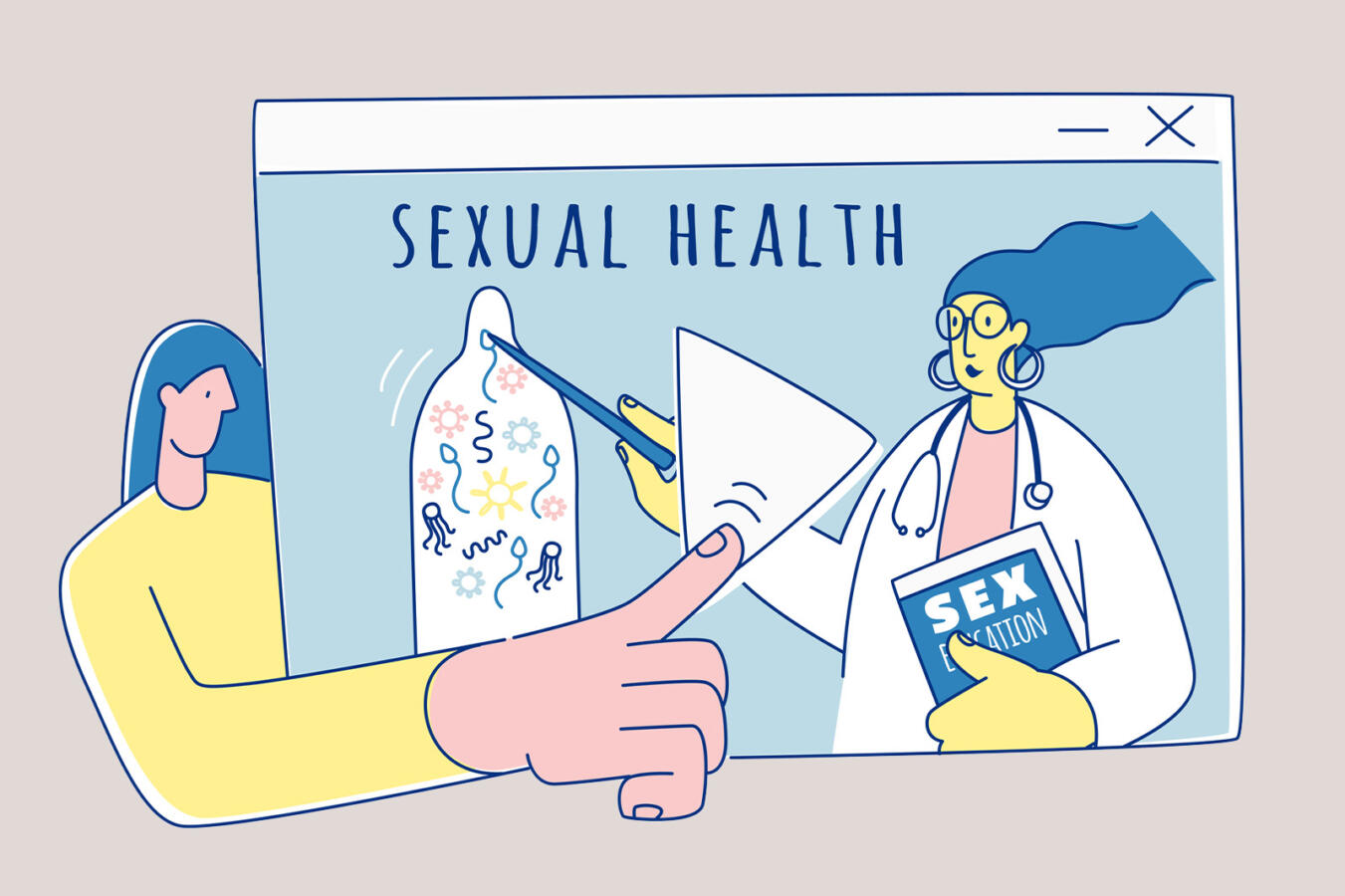It is a well-known fact that the US sex education system is in simple words, trash. There are three types of curriculum that can be given to students: abstinence-only, abstinence-plus, and comprehensive curriculum. Abstinence-only, is a type of sex education that teaches to not have sex outside of marriage. This form of education excludes various types of sexual health and education such as contraception and how to have safe sex. This is an ineffective way of teaching and oftentimes causes teens to do the opposite of what they were taught. A 2017 review of U.S sex education policies and programs by leading experts concluded that abstinence-only-until-marriage programs are ineffective, stigmatizing, and unethical. This route highlights the consequences of sexual behavior and strives to allow kids to create more positive relationships, focusing on the emotional aspect, leading up to marriage. Abstinence-plus is designed to limit and decrease sexual activity by keeping the aspect of abstinence while promoting safe sex for teens. This option is less focused on religion and more on health and good decision-making. Lastly, comprehensive curricula is a form of sex education with an age-appropriate curriculum that covers all the basics. This option allows students to make their own decision in an educated and responsible manner.
For those that are taught abstinence-only and abstinence-plus styles of education, having sex can come with shame. When you don’t know what you are doing it can be confusing watching everyone else your age seemingly know what to do. You could also end up turning to other teens for advice, which shockingly, may not be a good idea. With the disgrace and awkwardness that comes up with discussions about sex and having sex, it can be difficult to turn to a trusted adult to ask questions. This means that some teens may be getting information from bad sources. Without having good sex education the pressure of having sex from other teens can seem impossible to withstand.
The US sex education system also falls short of providing sex education to different communities. For instance, the LGBTQ+ community is not provided with equal education to those who would engage in what is deemed “traditional” sex. This is a major failure in the education system as it ignores an entire community of teens. Many adolescents will feel the need to engage in sexual activities and, by ignoring to teach them the schools have failed to sufficiently prepare their students. This forces teens to go out and explore on their own which can lead to many dangerous situations.
The Jewish community has had a unique struggle with sex education as well. Teens who attend Jewish Day Schools may have limited sex education. The educator often believes that the teens will wait for marriage, but that is still not the case. In some Jewish schools, they pick and choose which information to teach because they believe that some of the information may conflict with their religious values. Many schools will discourage having sex, telling the students ‘it’s something you’ll learn when you’re older and married.’
Shira, a student at Melbourne Orthodox Girls School, states that “the first time it happened, I didn’t really know it happened.” This quote demonstrates how the lack of sex education really leaves teens in the dark. Even to the extent of not fully realizing what you are doing. It is extremely important to teach students all about sex because whether you like it or not, ‘waiting till marriage’ just won’t work for some.
Now of course complaining about this might change things in the future, but right now, not so much. So what can you do to self-educate yourself on sex ed? For one, don’t just trust everything you see, do actual research and know what sources are accurate. Planned Parenthood is always a good option when looking for healthy and safe information. Although it may be awkward, it’s important to always ask a doctor or a healthcare professional any question you may have.






